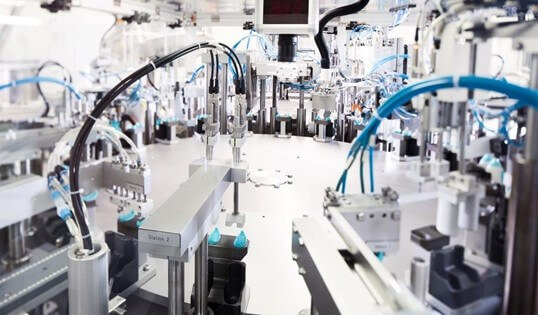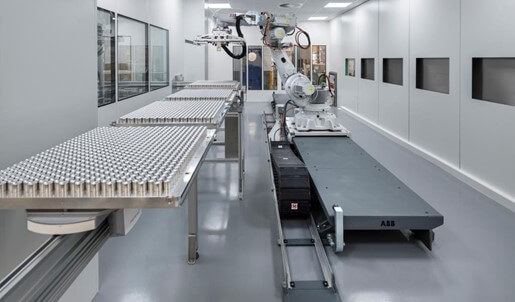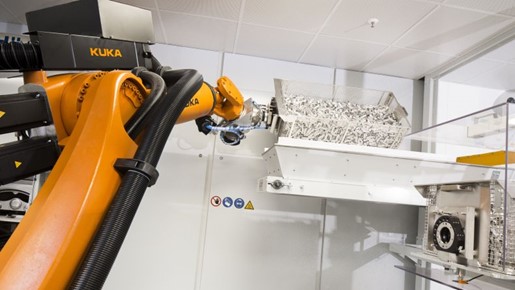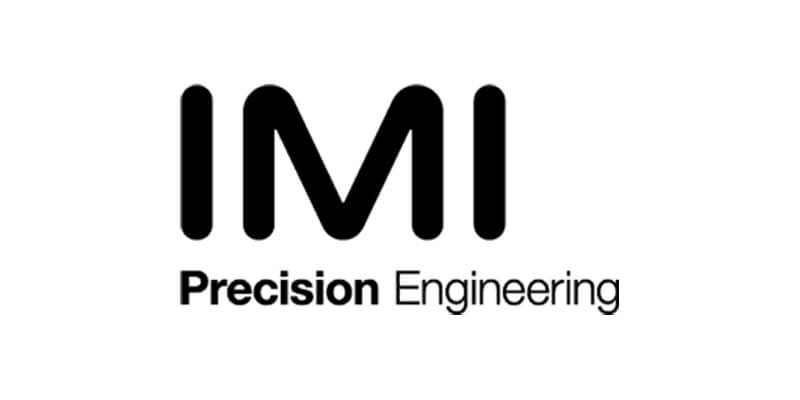The Future of Engineering
Engineering is a field full of potential and change. As a company dedicated to creating precision parts for a range of industries, we are exceptionally interested in the development of engineering technologies and the roles associated with it.
We have found that the future of engineering is, like many industries, likely to be completely revolutionised in the coming decades. The onset of the fourth industrial revolution will undoubtedly make waves in our sector, as will advanced robotics, artificial intelligence, and a necessity to work peacefully in line with greener initiatives. We will be considering each of these concepts below, as well as how the global Coronavirus crisis may have accelerated the necessity for progression in these areas.

The Internet of Things and Automation
Automation is one of the biggest areas set to change in engineering, and in many ways, it has already affected the way we create. Before automation truly starts to eclipse our need for workers, however, we will be using the internet of things (IoT).
The IoT is the first stage of what experts are calling the fourth industrial revolution. The internet of things describes interconnected relationships between more common objects – this applies both to the home and to the workplace.
For example, in the home, the internet of things currently revolves around the use of voice assistants (also called virtual assistants, or intelligent personal assistants), like Alexa. Through these assistants, your television, fridge, and lighting systems can be connected – wirelessly – and measured or adjusted at a moments notice. Other controllers for smart technologies exist too, including some phone apps.
The benefit of the internet of things is that it enables individuals to be more efficient in their activities – being able to control their entire home’s output from a central hub – as well as more intelligent about their home and energy usage.
In the workplace, the internet of things means that businesses are in greater control of their machines at a distance. At an office, this might take the role of printers which automatically know to order new ink when they start to run low, and one can easily understand how such practices can escalate in manufacturing. With the internet of things, the operation of numerous machines could become much simpler, though it will cause businesses to develop an even greater reliance on the internet.

How the Internet of Things Could Change the Future of Engineering
In regards to how this developing technology will affect engineers, it is thought that the greatest engineering roles of the future will focus on software engineering, and how to create simple, accessible programs through which machinery can be controlled. For those engineers who are creating machines, it is important to consider how the internet of things is going to change the use and shape of these machines if controlling it from the machine itself is going to become a thing of the past.
For factories, the internet of things could result in a greater amount of floor space. When everything is controlled over the internet via one single hub, direct controls connected to the machine will become a thing of the past. Without the necessity of the usual levers and outputs for each machine, the machines themselves will eventually become smaller, allowing you to have more machines per square meter – which may, in turn, save you money on renting facilities, or permit you to turn a small profit by downgrading your warehouse. Improved, easily accessible logistics will also aid businesses to streamline their output further, meaning they will be able to turn greater profits and reduce prices. As a precision engineering company, this is certainly something that interests us.

How the Pandemic Accelerated the Fourth Industrial Revolution
With the event of the Coronavirus pandemic, a push for lifestyles all around the world to become more hygienic has ensued at home and work alike. This has lead to numerous changes, including an improved understanding of how to prevent the spread of germs in a local community, how working from home can result in improved family dynamics, but it has also pushed businesses to leave their offices and spread out, for fear of leaving a significant percentage of their workforce bedridden during difficult times.
The answer for many companies has been to reduce travelling to stay in line with local and national lockdown guidelines, as well as to enforce distances between their employees, implement one-way travel systems, and encourage better hygiene.
The results of this have seen reduced expenditure on travel and bills – there are less heating and electricity costs to be shouldered by businesses when workers are relying on their own homes. It has also resulted in businesses stripping back the number of workers they have milling about using machinery – forcing improved efficiency of workers – and the use of rotational shifts.
At the centre of this has been the realisation that the internet of things could result in fewer operators in factories, perhaps even operators working from a distance by measuring output sent to them digitally. Businesses have been pushed to the brink, and many are looking to come out the other side, having learnt new skills that will aid them in the post-pandemic world.
For engineers and developers, this means that there is perhaps a larger audience for intelligent, autonomous, and remotely controlled machines than there had been before the pandemic. The advantages to this way of life are quite clear to most business owners in ways they weren’t before.

Whatever the future of engineering looks like, we are certain that the fourth industrial revolution is going to bring a lot of productivity and excitement to our industry. If you’re interested in partnering with us to create your next product, you should get in touch with us to find out more about our processes.





